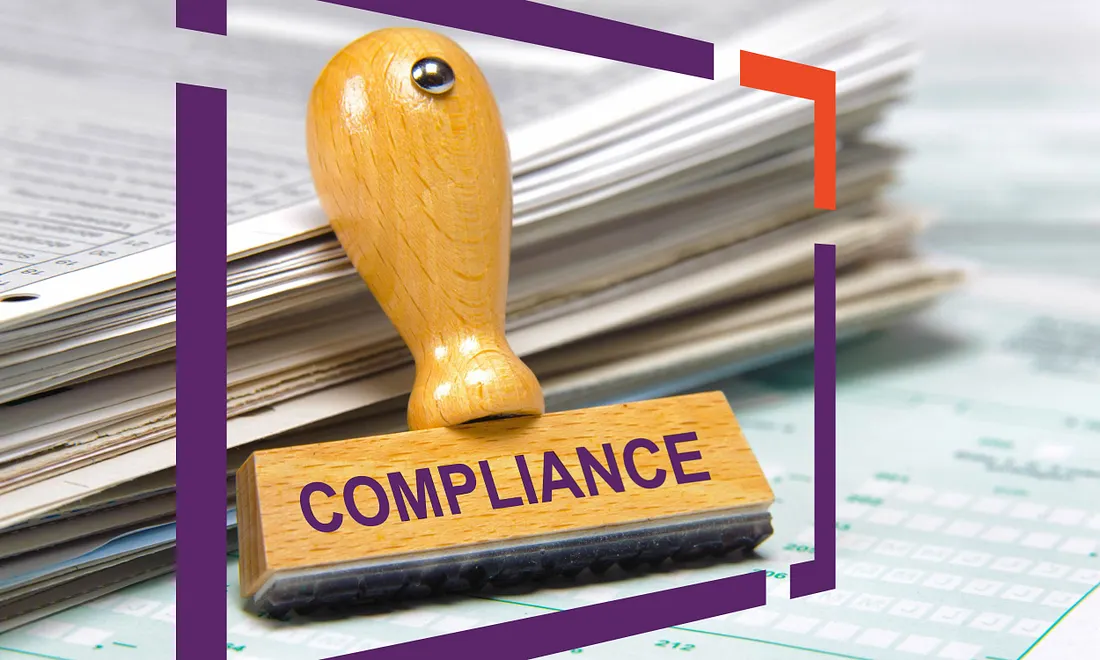 YOUNG AND RIGHT
YOUNG AND RIGHT ACCOUNTING & TAX CONSULTANCY
From corporate tax registration to audits and bookkeeping, Young & Right offers personalized solutions that keep your business compliant and stress-free. Let’s take the complexity off your plate—starting with a free consultation.
Book Your Free Consultation
The UAE is known for its business-friendly environment and favorable tax regulations, but the introduction of corporate tax in 2023 has introduced a need for businesses to be vigilant about compliance. Corporate tax is now a reality for companies operating in the UAE, and understanding the compliance requirements is crucial for businesses to avoid penalties and ensure smooth operations.
Corporate tax is levied on the profits of businesses operating in the UAE. The corporate tax rate was introduced in 2023, and it applies to most businesses, including foreign companies, branches, and subsidiaries. While the UAE was historically known for its tax-free business environment, the new corporate tax aims to align the UAE with global tax standards and create a more sustainable economy.
However, businesses must comply with the tax rules, regulations, and filing requirements to ensure they remain in good standing with the Federal Tax Authority (FTA). Failing to comply with the corporate tax law can result in penalties, fines, and interest charges.
Before diving into the compliance steps, it’s essential to understand which businesses need to comply with corporate tax laws. The UAE corporate tax regime applies to:
Businesses incorporated in the UAE, whether mainland or in a free zone, must comply with the corporate tax law. This includes limited liability companies (LLCs), branches of foreign companies, and joint-stock companies.
Individuals conducting business activities in the UAE, with a turnover exceeding AED 1,000,000 annually, are subject to corporate tax. However, personal income from investments or real estate (if personal) is exempt.
Foreign companies are only subject to UAE corporate tax if they have a permanent establishment (PE) in the UAE, such as a branch or office, and derive income from UAE sources.
Certain free zone companies may be exempt from corporate tax or benefit from tax incentives. However, they must meet specific requirements set by the government to qualify for tax exemptions.
Entities such as government bodies, certain funds, public benefit organizations, and pension/social security funds are exempt from corporate tax.
Now that we know who needs to comply with corporate tax, let’s go over the key steps businesses must take to ensure compliance with UAE tax regulations.
The first step in corporate tax compliance is registering with the Federal Tax Authority (FTA). All businesses that are liable for corporate tax must register with the FTA to obtain a Tax Registration Number (TRN). Here’s how to get started:
Accurate and detailed financial records are crucial for corporate tax compliance. Businesses must maintain their financial statements and records in compliance with UAE tax laws. Here’s how you can stay organized:
Maintaining these records will allow businesses to correctly calculate their taxable income and provide the necessary documentation during the tax filing process.
Once your business is registered with the FTA and has maintained accurate financial records, the next step is filing corporate tax returns.
Corporate tax returns must be filed within nine months after the end of the company’s fiscal year. For example, if your fiscal year ends on December 31, your corporate tax return must be filed by September 30 of the following year.
After filing the corporate tax return, businesses must pay any outstanding tax due to the FTA. Failure to pay taxes on time will result in interest charges and penalties.
It’s essential to ensure that all taxes are paid in full to avoid any financial penalties.
For businesses involved in international transactions with related parties, the UAE imposes transfer pricing rules. These rules require that transactions between related parties (e.g., parent and subsidiary companies) be conducted at arm’s length.
Businesses must also be aware of any exemptions or tax reliefs available under the UAE corporate tax law. These exemptions can reduce the taxable income, providing significant tax savings.
It’s essential for businesses to check their eligibility for exemptions to reduce their tax liabilities.
Non-compliance with corporate tax laws can lead to severe penalties. Here are some of the penalties businesses should avoid:
At Young & Right, we specialize in guiding businesses through the complexities of corporate tax compliance in the UAE. With the recent introduction of corporate tax laws, ensuring compliance is more important than ever. Here’s how we can help your business:
In conclusion, corporate tax compliance in the UAE is essential for businesses to avoid penalties and maintain good standing with the Federal Tax Authority. By following the key steps of registering with the FTA, maintaining proper records, filing tax returns on time, and staying aware of exemptions, businesses can navigate the UAE’s corporate tax landscape efficiently.
At Young & Right, we specialize in helping businesses stay compliant with corporate tax regulations. Our expert team can guide you through every step of the compliance process, ensuring that your business remains tax-compliant and focused on growth.
Avoid avoidable penalties with structured compliance, deadlines tracking, and accurate submissions
Request a Compliance Check